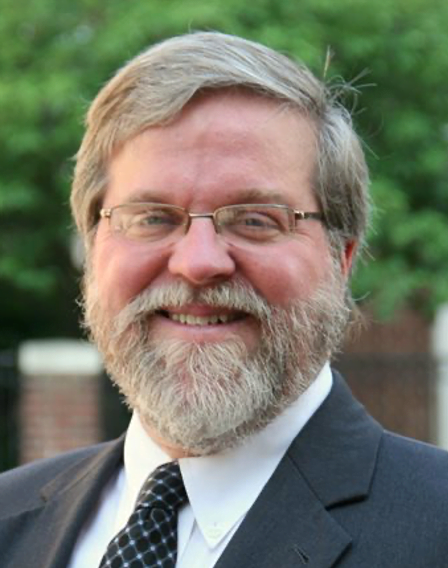Our opening hymn, “Christ is Made the Sure Foundation”, is a translation of an ancient text. When it comes to translating hymns written originally in Latin or Greek, John Mason Neale (1818-1866), sometimes called the “prince of translators,” has no peer. The son of an Anglican clergyman, Neale intended to follow the same path. Hymn scholar Leon Litvack notes, “Neale entered Cambridge as an Evangelical, but emerged an Anglo-Catholic.” Fascinated by the tracts of the Oxford Movement, he became intensely interested in the medieval church. The result was an interest in a “high church” in contrast to an “evangelical” perspective that influenced developments in liturgy and architecture as well as hymn singing.
Neale was a student of worship in the early church and one of the first to translate ancient Greek and Latin texts into metrical English for singing. American hymnologist William Reynolds notes that “His strong attachment to the old Breviary hymns [of the medieval church] caused him to urge the omission of the Protestant hymns from the Anglican service in favor of translations of medieval hymns.”
Most hymn singers know Neale through such classic hymns as “Good Christian Friends, Rejoice”, “All Glory, Laud and Honor”, “O Come, O Come Emmanuel”, and “Of the Father’s Love Begotten”. His translations were published in collections such as Hymns of the Eastern Church (1862) and Mediaeval Hymns and Sequences (1851, 1863). Neale’s work gained increasing prominence in the trial edition of the famous English hymnal, Hymns Ancient and Modern (1859), and set the tone of this influential hymnal, whose most recent edition appeared in 2013. Some editions of this hymnal contain more than sixty of Neale’s works. Though he has many original hymns, he is now remembered primarily for his translations, many of which appear in Evangelical Lutheran Worship.
With Revelation 21:2 in the background (and other biblical passages and illusions as well, like 1 Kings 8, Ephesians 2:20, 1 Peter 2:5, and Revelation 7:14), the first four stanzas of “Urbs beata Jerusalem” are reminiscent of the “Jerusalem my happy home”. The blessed city of peace and love is viewed as coming from the highest heaven, ready for the nuptial bed, decked with jewels and led by her Lord.
The tune, WESTMINSTER ABBEY, was written by Henry Purcell (1659-1695), one of the finest English composers and the greatest one of the late seventeenth century. He was a student of his father and uncle, a chorister at the Chapel Royal from 1667 to 1673, and a student of John Blow. He succeeded John Blow as organist at Westminster Abbey in 1679. He composed services, over sixty anthems, solos, harpsichord and organ music, instrumental music, and operas.


